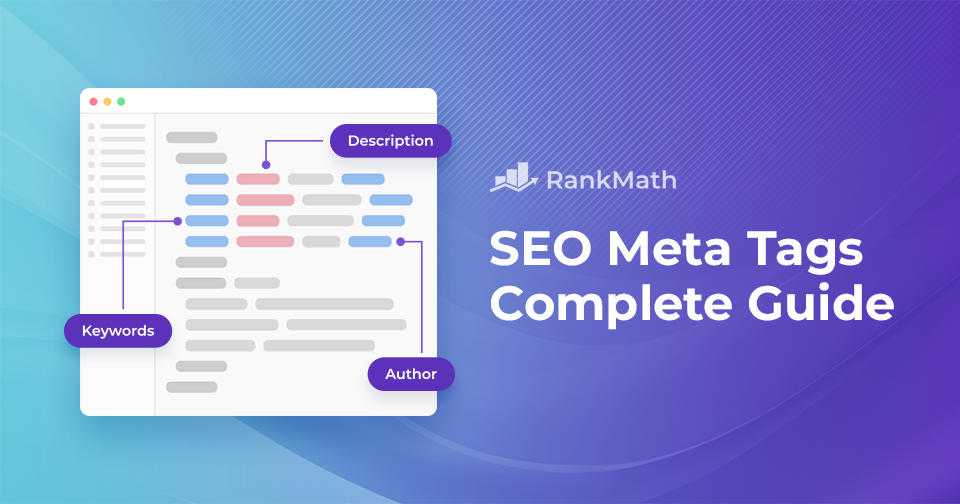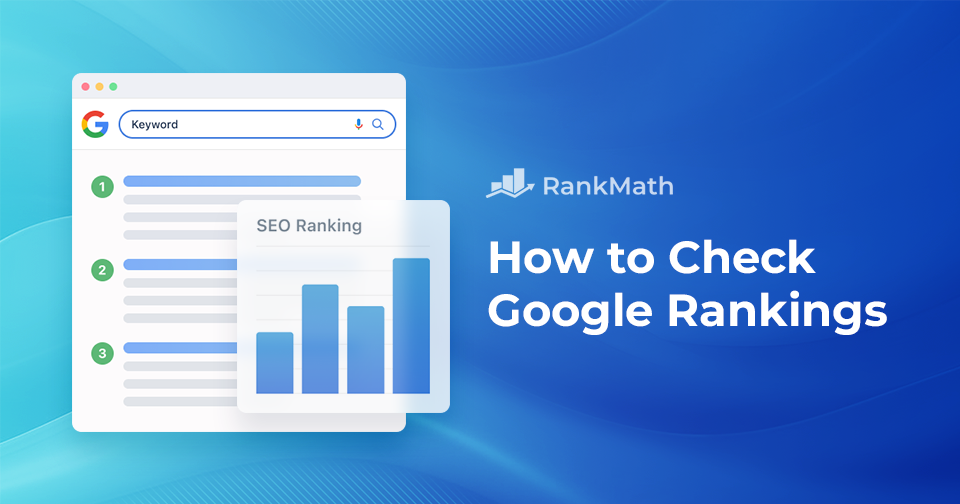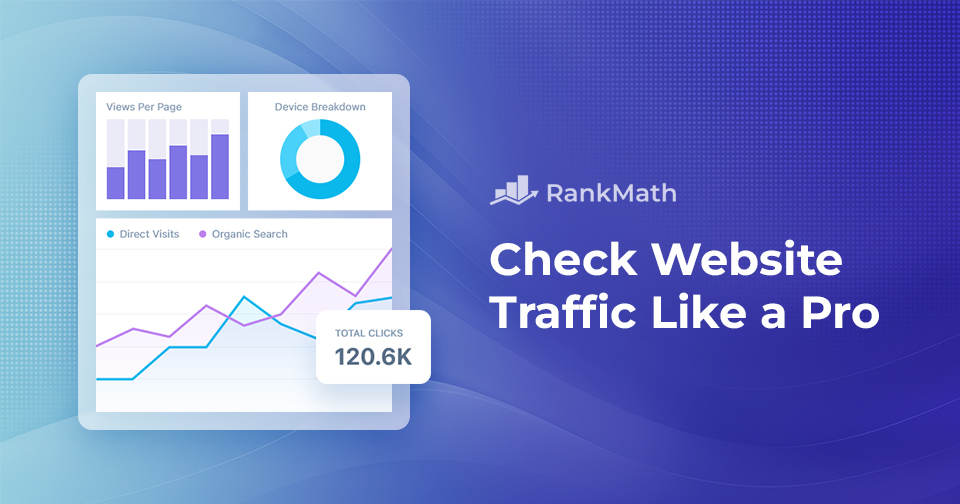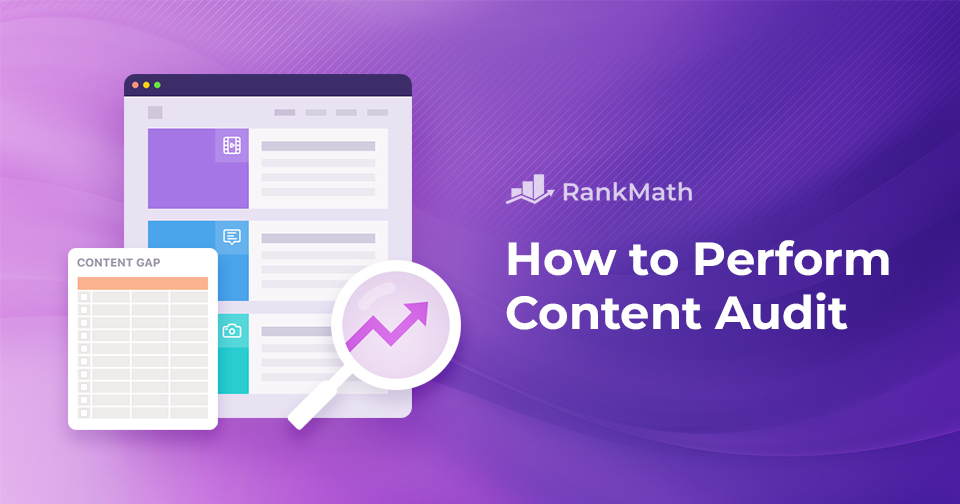SEO Meta Tags: A Comprehensive Guide for Beginners
Meta tags are important in SEO, as they help to increase the visibility of the website. They’re snippets of code added to your page’s header, communicating the necessary information about the page in a language that search engines like Google can understand.
However, meta tags are frequently overlooked in favour of other SEO strategies despite their importance.
In this post, you’ll learn what SEO meta tags are, why they matter, and how to use them effectively to boost your site’s performance.

So, let’s get started and unlock the secrets of SEO meta tags together!
Continue Reading






